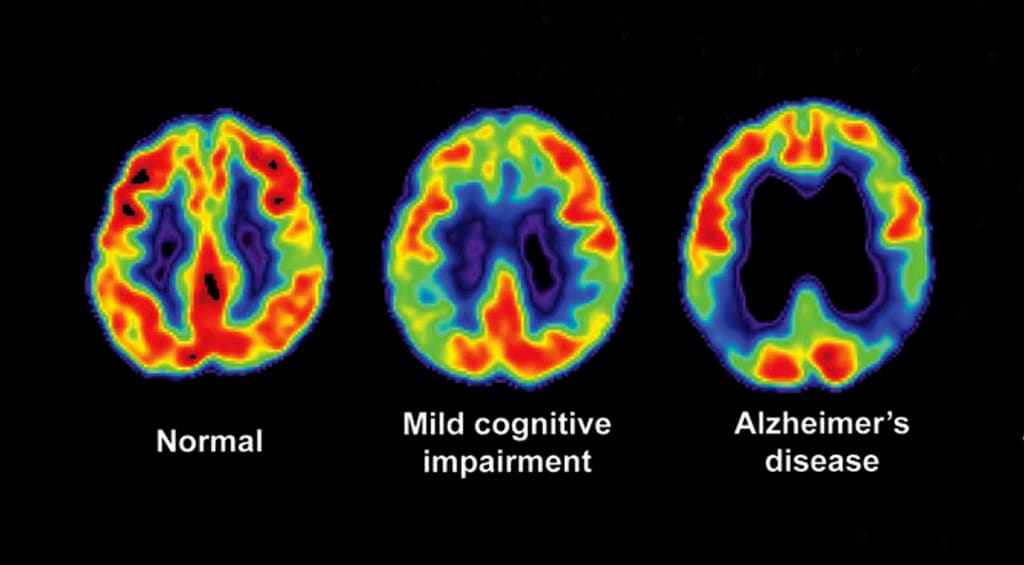The Upcoming Horizon: Eli Lilly's Alzheimer’s Drug, Donanemab, Awaits FDA Approval
Unlocking Hope for Millions: The Anticipated Journey of Donanemab Towards FDA Endorsement

Eli Lilly, a major player in the pharmaceutical industry, has projected that the FDA might give the green light to its Alzheimer's drug, Donanemab, later this year. This promising development comes hot on the heels of the recent FDA approval of the Alzheimer's treatment Leqembi.
According to Eli Lilly, Donanemab offers moderate but noteworthy strides in slowing Alzheimer's disease progression. The company emphasized that the drug significantly decelerated cognitive and functional deterioration in early symptomatic Alzheimer's patients. In a remarkable show of the drug's potential, nearly half of the participants at an earlier disease stage showed no clinical progression after one year on Donanemab.
The company previously shared that Donanemab hit its primary target, along with all cognitive and functional secondary targets in a Phase 3 study. Consequently, Eli Lilly completed the FDA submission process for standard approval in the previous quarter. It is concurrently working on submissions to other international regulatory bodies.
Eli Lilly's executive vice president, Anne White, emphasized the significance of Donanemab's potential approval. "Should Donanemab receive approval, it could deliver clinically substantial benefits for Alzheimer's patients, offering them the possibility of concluding their treatment course as early as six months post-clearance of their amyloid plaque. We're committed to easing access to amyloid-focused therapies and diagnostics amidst the complex healthcare landscape of Alzheimer's disease," she said.
A study published in the Journal of the American Medical Association showcased Donanemab's effectiveness. The drug demonstrated a 35% slowing of Alzheimer's progression compared to a placebo in a trial that spanned 19 months and involved over 1,700 early-stage participants aged 60 to 85.
Participants in the earliest disease stage experienced even greater benefits, with a whopping 60% deceleration of decline compared to the placebo.
If approved, Donanemab will be only the second Alzheimer's treatment convincingly proven to delay the disease's progression, following Leqembi's recent approval by the FDA.
Both Donanemab and Leqembi are synthetic antibodies delivered intravenously that target the troublesome buildup of amyloid in the brain. However, it's important to note that these drugs are associated with a significant safety risk - brain swelling or bleeding, which in the Lilly study, resulted in three fatalities.
Roughly a quarter of Donanemab recipients showed signs of brain swelling, while about 20% experienced microbleeds. Furthermore, it's important to note that more than 90% of the study's participants were white, leaving unanswered questions about the drug's potential effects on other racial and ethnic groups.
Additional Concerns and Opportunities with Donanemab
Despite the promising findings, the journey towards Donanemab's approval isn't entirely smooth. Its side effects, such as brain swelling and microbleeds, raise some significant safety questions. These issues became particularly prominent when three deaths were reported in connection with the study. While the severity of these effects varied among patients, approximately a quarter of the recipients of Donanemab exhibited evidence of brain swelling, and about 20% had microbleeds.
Another point that must be addressed is the diversity, or lack thereof, in the trial participants. More than 90% of the participants were white, which leaves a substantial knowledge gap regarding the drug's effectiveness and safety in non-white populations. This shortfall highlights the pressing need for more inclusive clinical trials, ensuring that the impacts of these potentially life-changing drugs are comprehensively understood across all demographics.
The Future Landscape of Alzheimer's Treatment
However, if approved by the FDA, Donanemab would significantly reshape the treatment landscape for Alzheimer's disease. It would be only the second drug to demonstrate a tangible delay in disease progression, following Leqembi, which received FDA approval recently.
The similarities between the two treatments are notable. Both Donanemab and Leqembi are lab-engineered antibodies, delivered intravenously, and they both target the buildup of amyloid plaques in the brain, a hallmark of Alzheimer's disease.
If Donanemab does pass the regulatory hurdles and enters the market, it would mean a significant addition to the toolbox of Alzheimer's treatments, providing patients and their doctors with more options to manage this devastating disease.
In conclusion, the potential approval of Donanemab presents an exciting step forward in the fight against Alzheimer's disease. Despite the challenges and concerns surrounding its side effects and the need for broader demographic representation in trials, its potential to slow the progression of this debilitating disease is undeniably promising. However, as always, the health and safety of patients will be paramount, as further studies and potential regulatory approval continue to unfold.
Pondering the Path Forward
As we look to the future with hope and anticipation, it is critical to also consider the questions and concerns these new developments raise. How will the potential side effects of treatments like Donanemab weigh against their benefits? How will the healthcare system adapt to manage these new treatments and their related complications? How can we ensure that all populations are represented in clinical trials to understand how these drugs work across diverse groups?
The answers to these questions will shape the next chapter in the fight against Alzheimer's disease, influencing the direction of research, the development of new treatments, and the policies that will ensure these treatments are accessible and effective for all who need them.
Engaging the Community
As I close this discussion, I would like to invite you, the reader, to join the conversation. What are your thoughts on the recent developments in Alzheimer's treatments? How do you see the balance between the promise of slowing disease progression and the potential side effects? What are your thoughts on the need for more diverse representation in clinical trials?
These are complex issues, and they affect us all, directly or indirectly. Your insights, experiences, and ideas are invaluable. Let's continue the dialogue in the comments below or on our social media platforms. Together, we can contribute to the ongoing efforts to understand and conquer Alzheimer's disease.
Remember, every perspective matters in this collective journey towards a world free from the grasp of Alzheimer's. Let's keep the conversation going
About the Creator
Alden Pole
Delving into captivating topics, I share insightful content that informs and inspires. Join me on this journey of discovery and let's explore the wonders together!






Comments
There are no comments for this story
Be the first to respond and start the conversation.